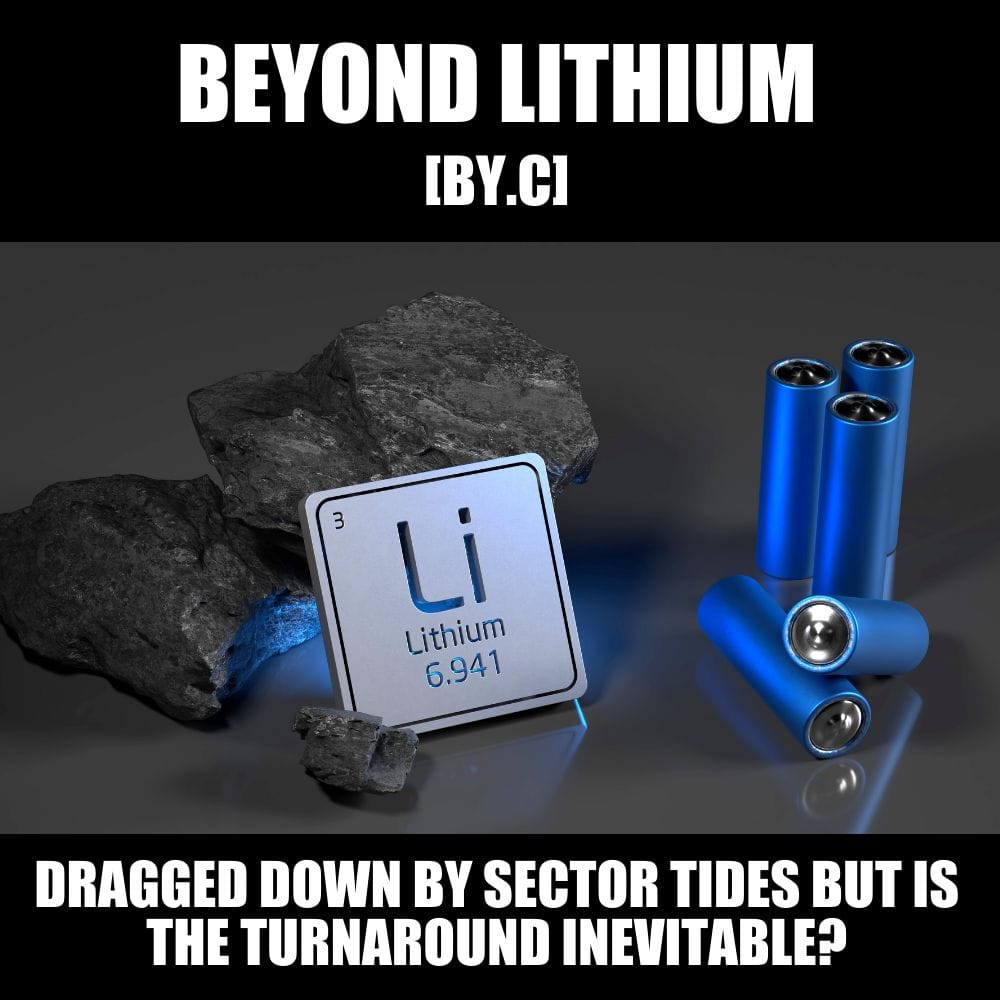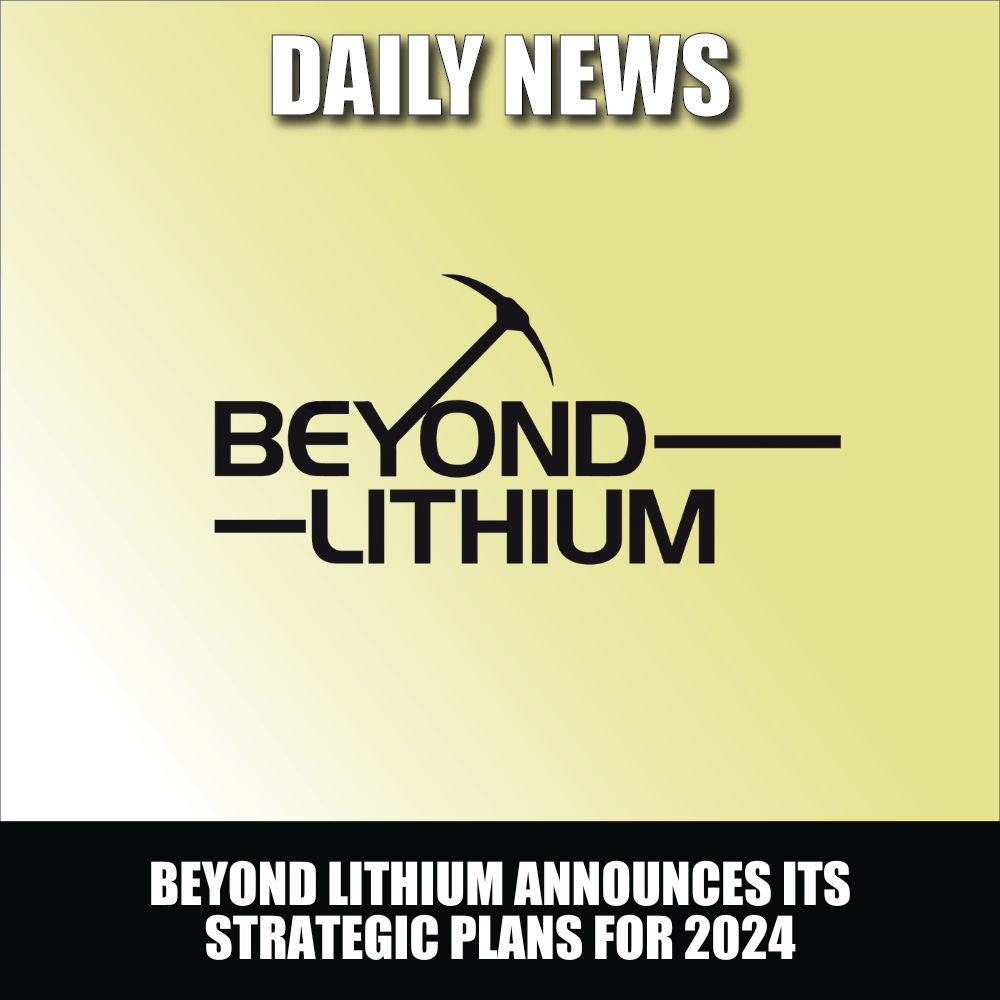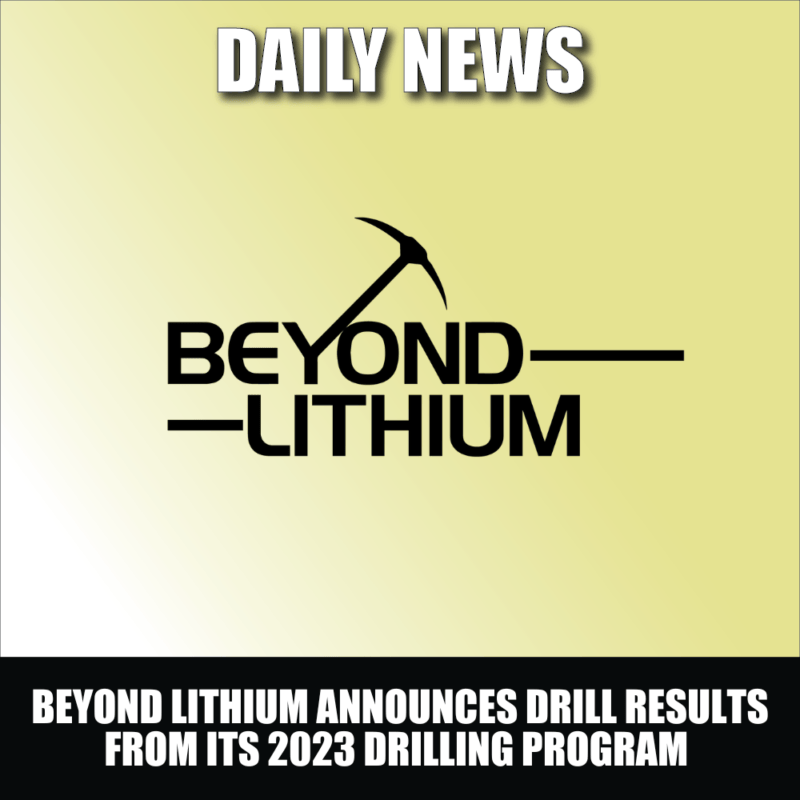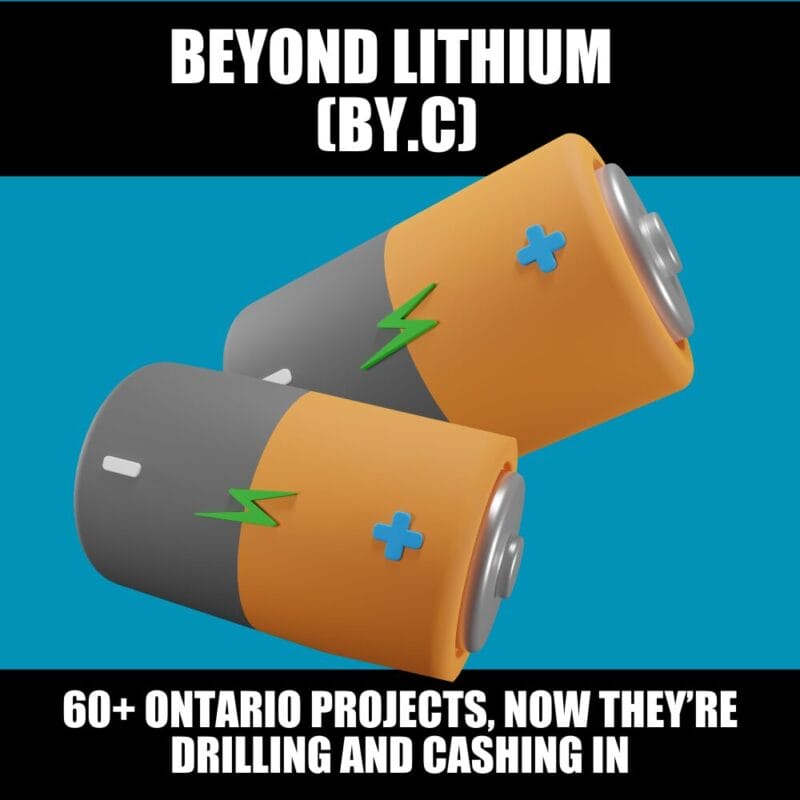As the global community becomes increasingly aware of the urgent need to transition to renewable energy, one element has found itself at the heart of the energy revolution: lithium. Known for its significant role in manufacturing rechargeable batteries for electronics, electric vehicles, and grid storage, lithium represents a critical component of our greener future.
This article aims to shed light on the important role of lithium in our transition to green energy, and how Canada, with its numerous lithium projects and vast reserves, could become a significant player in the global lithium mining industry.
The Importance of Lithium in the Green Energy Transition
Lithium and its compounds, including lithium carbonate (Li2CO3), lithium oxide (Li2O), and lithium hydroxide (LiOH), play a pivotal role in facilitating clean energy and transportation. Lithium-ion batteries, which heavily depend on this silvery-white metal, are integral to the operation of electric vehicles and various electronic products. Moreover, lithium compounds are vital ingredients in low-melting point glasses and lubricants.
Lithium’s importance goes beyond its application in rechargeable batteries. It is used in making glass products more durable, corrosion-resistant, and thermally resistant, enhancing their usability at extreme temperatures. Additionally, as a critical mineral for the energy transition, the drive towards net-zero emissions will necessitate a heightened reliance on both new and recycled sources of lithium for battery production.
In 2021, manufacturing rechargeable batteries for electronics, electric vehicles, and grid storage constituted 74% of the total demand for lithium globally.
Canada’s Potential in the Global Lithium Market
Canada, despite not currently producing lithium, boasts a wealth of lithium resources. Mining Intelligence data reveals that there are 409 active lithium projects in the country, with 106 advanced projects accounting for over a quarter of the total.
Canada’s hard rock spodumene deposits and brine-based lithium resources present significant opportunities. Presently, there are several companies developing lithium projects in Ontario, Quebec, Alberta, Manitoba, and Saskatchewan, ranging from early exploration to a pre-production stage.
With an estimated 3.2 million tonnes of lithium oxides resources (measured and indicated) at hard rock deposits, Canada is set to be a major supplier in the lithium market. This figure could potentially increase as technology and processing advance, allowing for the economic extraction of lithium compounds from Alberta and Saskatchewan’s lithium brines, oil and gas fields, and industrial wastewaters.
Canadian Lithium Players
Beyond Lithium (BY.C), a Canadian-based lithium exploration company, is taking significant steps to contribute to Canada’s lithium mining scene and the global shift towards green energy. The company, which holds the largest number of greenfield lithium exploration properties in Ontario, has recently made significant strides in its 2023 Phase 1 Exploration Program.
Beyond Lithium’s Phase 1 Exploration Program is proceeding on schedule and on budget, with the fully funded program including prospecting, mapping, and sampling across 64 properties in Ontario. As of now, three teams have covered a total of 15 properties across various regions of the province. The exploration program is extensive, aiming to sample, map and assess over 500 mapped pegmatites across all Beyond Lithium properties, which total over 150,000 hectares.
The company’s efforts are focused on areas that have not been previously explored specifically for lithium or Lithium-Cesium Tantalum pegmatites. By comprehensively and systematically sampling these mapped pegmatite outcrops and identifying new pegmatite showings, Beyond Lithium is laying the groundwork for Canada’s lithium mining potential.
Beyond Lithium’s expansion is also being facilitated through its commitment to technological advancement. The company is set to commence a LiDAR survey on the Wisa property in June, with a final report anticipated in July. LiDAR technology will provide a detailed digital elevation model of the area, enabling the identification and prioritization of areas within the property demonstrating the highly prospective combination of outcrop and structure.
Beyond Lithium’s strategic approach has positioned it as a potential frontrunner in the lithium exploration industry in Ontario. Its work is representative of a growing trend among mining companies to capitalize on the lithium boom driven by the increasing global demand for electric vehicles.
Furthermore, Beyond Lithium has strengthened its technical team with the appointment of veteran geologist Graeme Evans as Technical Advisor. Evans brings over 40 years of mineral exploration experience across North America, making him an invaluable asset to the team.
In its continued efforts, Beyond Lithium is demonstrating a dedication to the exploration and development of lithium resources. The company’s commitment to responsible sourcing of critical minerals aligns with global efforts to shift towards more sustainable forms of energy. As the company continues to identify and prioritize drilling targets, it is increasingly likely that Beyond Lithium could play a significant role in putting Canada on the lithium mining map.
In addition to advancing their properties, Beyond Lithium is also adopting the project generator business model to maximize funds available for exploration projects, while minimizing shareholder dilution. The company seeks to option other properties to joint venture partners, providing a source of non-dilutive working capital, partner-funded exploration, and long-term residual exposure to exploration success.
The company’s significant portfolio and strategic exploration model make it a major player in the lithium mining industry. As Beyond Lithium continues its exploration, Canada’s potential as a major lithium producer becomes ever more apparent. The company’s work is an important step in unlocking the nation’s lithium potential, aligning with the global push for renewable energy and marking a significant advance in the mining industry.
Future Prospects and Challenges
While the global lithium market presents a lucrative opportunity for Canada, it is not without its challenges. Australia, as the world’s largest lithium producer, accounting for nearly half of the global production in 2021, sets a high benchmark. Bolivia, Chile, and Argentina, known as the “lithium triangle”, possess the largest estimated resources with nearly 50 million tonnes of lithium among them.
However, with the growing demand for lithium, particularly for use in electric vehicles and renewable energy storage, the global market is expanding rapidly. This burgeoning market offers Canada an exciting opportunity to leverage its vast reserves and advanced lithium projects to become a significant player in the international lithium mining industry.
The key to seizing this opportunity lies in overcoming the hurdles of volatile lithium carbonate spot prices, geopolitical constraints, and technological limitations. Furthermore, Canada must focus on enhancing lithium recycling efforts to ensure a sustainable lithium economy.
Conclusion
As the world races to reduce greenhouse gas emissions and transition to renewable energy sources, lithium stands as a beacon of hope. With its vast reserves, active lithium projects, and potential for increased production, Canada is poised to become a significant player in the global lithium industry.
By capitalizing on its wealth of resources, Canada can contribute significantly to the renewable energy transition while boosting its economy. In this exciting era of technological innovation and environmental awareness, the future of lithium mining in Canada looks brighter than ever.







